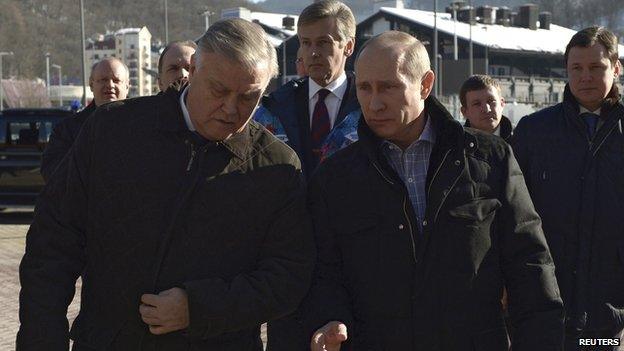Panama Papers: Putin associates linked to 'money laundering'
- Published
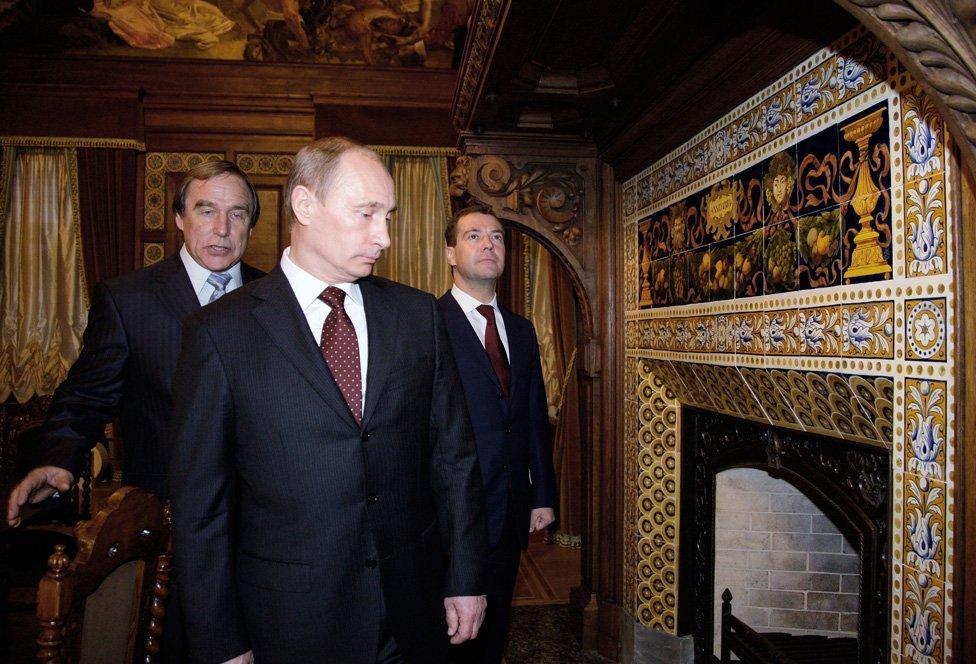
Cellist Sergei Roldugin (l) is a close friend of Vladimir Putin
A suspected money laundering ring involving close associates of Vladimir Putin has been uncovered in a leak of confidential documents.
The billion-dollar operation was run by Bank Rossiya, which is subject to US and EU sanctions, external following Russia's annexation of Crimea.
Evidence seen by BBC Panorama reveals for the first time how the bank operates.
Documents show how money has been channelled through offshore companies.
They suggest Sonnette Overseas, International Media Overseas, Sunbarn and Sandalwood Continental have profited from fake share transactions, bogus consulting deals, uncommercial loans and the purchase of under-priced assets.
The documents show that International Media Overseas and Sonnette Overseas were officially owned by one of the Russian president's closest friends.

Panama Papers - tax havens of the rich and powerful exposed
Eleven million documents held by the Panama-based law firm Mossack Fonseca have been passed to German newspaper Sueddeutsche Zeitung, which then shared them with the International Consortium of Investigative Journalists, external. BBC Panorama is among 107 media organisations - including UK newspaper the Guardian, external - in 76 countries which have been analysing the documents. The BBC doesn't know the identity of the source
They show how the company has helped clients launder money, dodge sanctions and evade tax
Mossack Fonseca says it has operated beyond reproach for 40 years and never been accused or charged with criminal wrong-doing
Tricks of the trade: How assets are hidden and taxes evaded
Panama Papers: Full coverage; follow reaction on Twitter using #PanamaPapers; in the BBC News app, follow the tag "Panama Papers"
Watch Panorama on the BBC iPlayer (UK viewers only)

Concert cellist Sergei Roldugin has known Vladimir Putin since they were teenagers and is godfather to the president's daughter Maria.
On paper, Mr Roldugin has personally made hundreds of millions of dollars in profits from the suspicious deals.
But documents from Mr Roldugin's companies state that: "The company is a corporate screen established principally to protect the identity and confidentiality of the ultimate beneficial owner of the company."
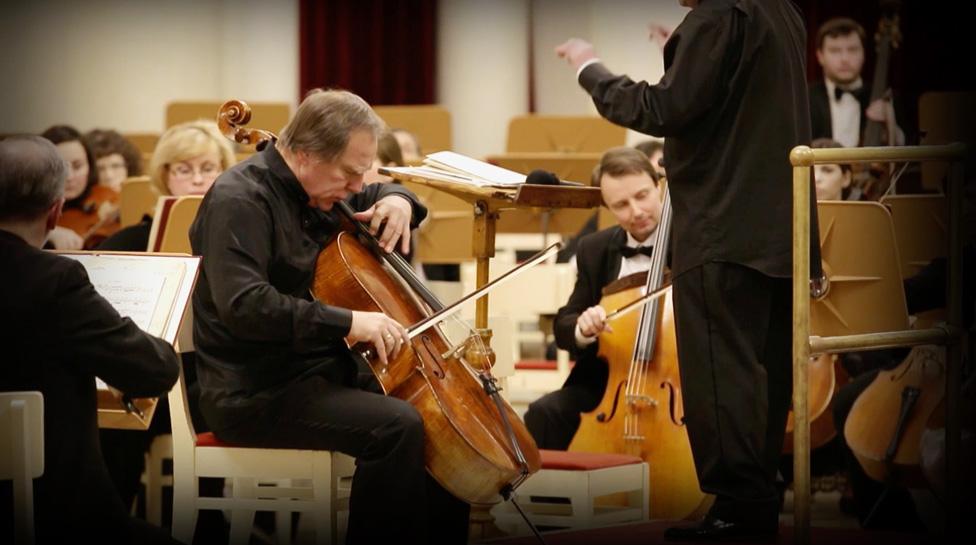
Sergei Roldugin owns a number of offshore companies
The cellist has previously told reporters that he is not a businessman. His involvement in the complex offshore deals will raise suspicion that he is simply acting as a front for someone else.
Suspicious activity
In one example, documents show that Sandalwood Continental bought an asset for just $1 (70p) and sold it three months later for $133m (£93m).
Sandalwood was also given $800m (£562m) of loans by a Russian state bank. There is no evidence in the documents of Sandalwood providing security for the loans or making repayments.
Tom Keatinge - who runs the Centre for Financial Crime and Security Studies - says the transactions appear to be evidence of money laundering.
"There's nothing that I have seen which would make me say anything other than 'Stop, we need to investigate very closely what's going on here.' Whether it's loans being written off with no apparent compensation, other than the dollar, or whether it's loans being assigned through multiple pairs of hands for no obvious reason."
The documents show that one of the Roldugin companies, International Media Overseas, borrowed $6m (£4.2m) in 2007. Three months later the loan was written off for just $1, so the cellist's company had been given $6m.
In another suspicious deal in 2011, International Media Overseas bought all the rights - including interest and repayments - to a $200m (£140m) loan.
International Media Overseas paid just a single dollar, even though the interest payments alone were worth $8m (£5.6m) a year to Mr Roldugin's company.
Andrew Mitchell QC, one of the UK's leading experts on money laundering, says the deals are highly suspicious: "There can't be a commercial basis for transferring $200m and the rights to $8m a year for a dollar."

International Media Overseas also failed to disclose Mr Roldugin's connection to the Russian president when it opened three bank accounts.
The application form for each account asked whether Mr Roldugin had any relations to so-called PEPs or Politically Exposed Persons. Mr Roldugin's forms said he didn't, which was clearly not true.
International Media Overseas was also involved in dozens of suspicious share transactions. In one scheme, the company sold shares to a broker who then sold them back at a lower price the next day.
Mr Roldugin's company always made a profit and the documents show that these profits were worked out in advance of the share deals.
International Media Overseas also profited from a scheme where share deals were set up and then cancelled before they took place. Mr Roldugin's company was then paid compensation for the failed deals.
The leaked documents show that the share purchase agreements and the cancellation agreements were signed at the same time, so there doesn't seem to have been any intention to genuinely buy or sell the shares.
Andrew Mitchell QC has seen the share transactions. He said: "This is not business, this is creating the appearance of business in order to continually move and hide assets".
Ski resort
The leaked documents show that Mr Roldugin's other company - Sonnette Overseas - had a secret interest in the Russian lorry maker called Kamaz.
In 2008, Sonnette paid $1.5m (£1m) to join a consortium that had an option to buy a company that owned a valuable stake in Kamaz.
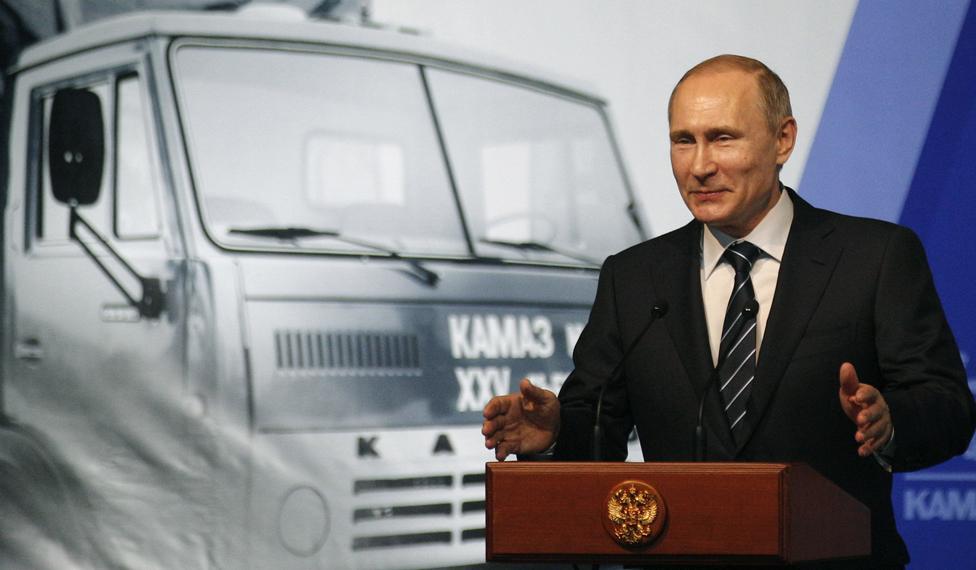
Vladimir Putin gives a speech at the 40th anniversary of the founding of Kamaz
The documents spell out what was expected from Mr Roldugin's company. They say Sonnette should ensure that plans to increase the consortium's stake in Kamaz "received most favoured treatment".
Sandalwood Continental appears to be at the heart of the suspected money laundering ring. It borrowed $800m (£562m) in a series of uncommercial loans from a state-owned bank, before lending the cash on to other companies.
The leaked documents show that some of the Sandalwood cash was loaned to a company which owns a ski resort that is popular with the Russian president.
Vladimir Putin opened the Igora resort in 2006 and went skiing there in 2011 and 2012. His daughter Katerina's wedding was held at Igora in 2013.
The company which received the money is now part owned by Bank Rossiya owner Yuri Kovalchuk, who was described as one of President Putin's cashiers when the US government placed him on the sanctions list., external
Bank Rossiya has been described by the US government as the "personal bank for senior officials of the Russian Federation".
Mr Kovalchuk's lawyer said he did not understand why his client was being asked questions, when all information about Bank Rossiya that was subject to mandatory disclosure was available in public sources.
Gas deal
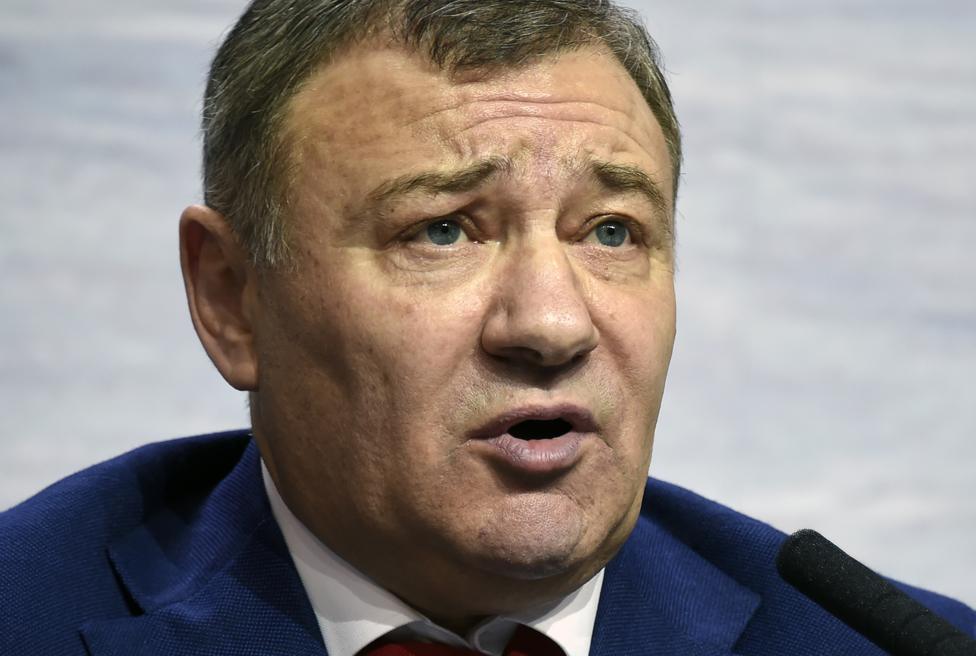
Arkady Rotenberg, childhood friend of the Russian president
The fourth offshore company in the leaked files - Sunbarn - has also profited from a series of suspicious deals.
In one example, it was given shares by Bank Rossiya which it subsequently sold for $25m. In another example it received $30m (£21m) in consultancy payments for providing advice about investing and trading in Russia through a Cypriot company.
Sunbarn also received loans totalling $231m (£162m) from companies owned by or linked to another childhood friend of the Russian president - the billionaire Arkady Rotenberg. Once again, there was no security for the loans and no evidence of any repayment.
Around the time the loans were made to Sunbarn, one of Mr Rotenberg's companies was awarded a lucrative contract to work on a $40bn (£28bn) gas pipeline from Russia to Europe. The South Stream gas project has since been cancelled.
Bank Rossiya, Sergey Roldugin and Arkady Rotenberg have not responded to the questions put to them by the BBC.
Panorama: Tax Havens of the Rich and Powerful Exposed is on BBC One at 19:30 BST on Monday 4 April and will be available later via BBC iPlayer.
- Published20 March 2014
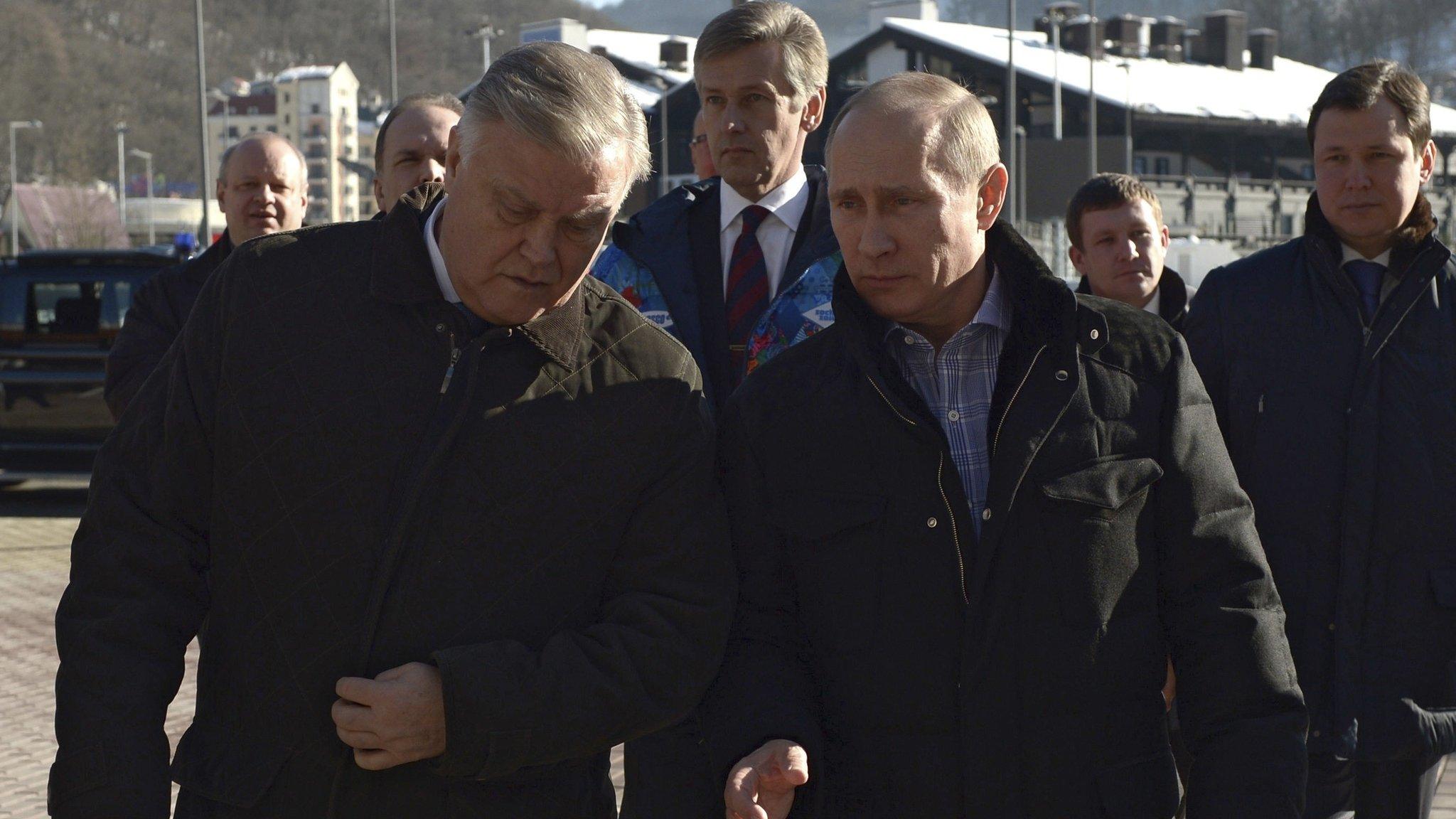
- Published21 March 2014
